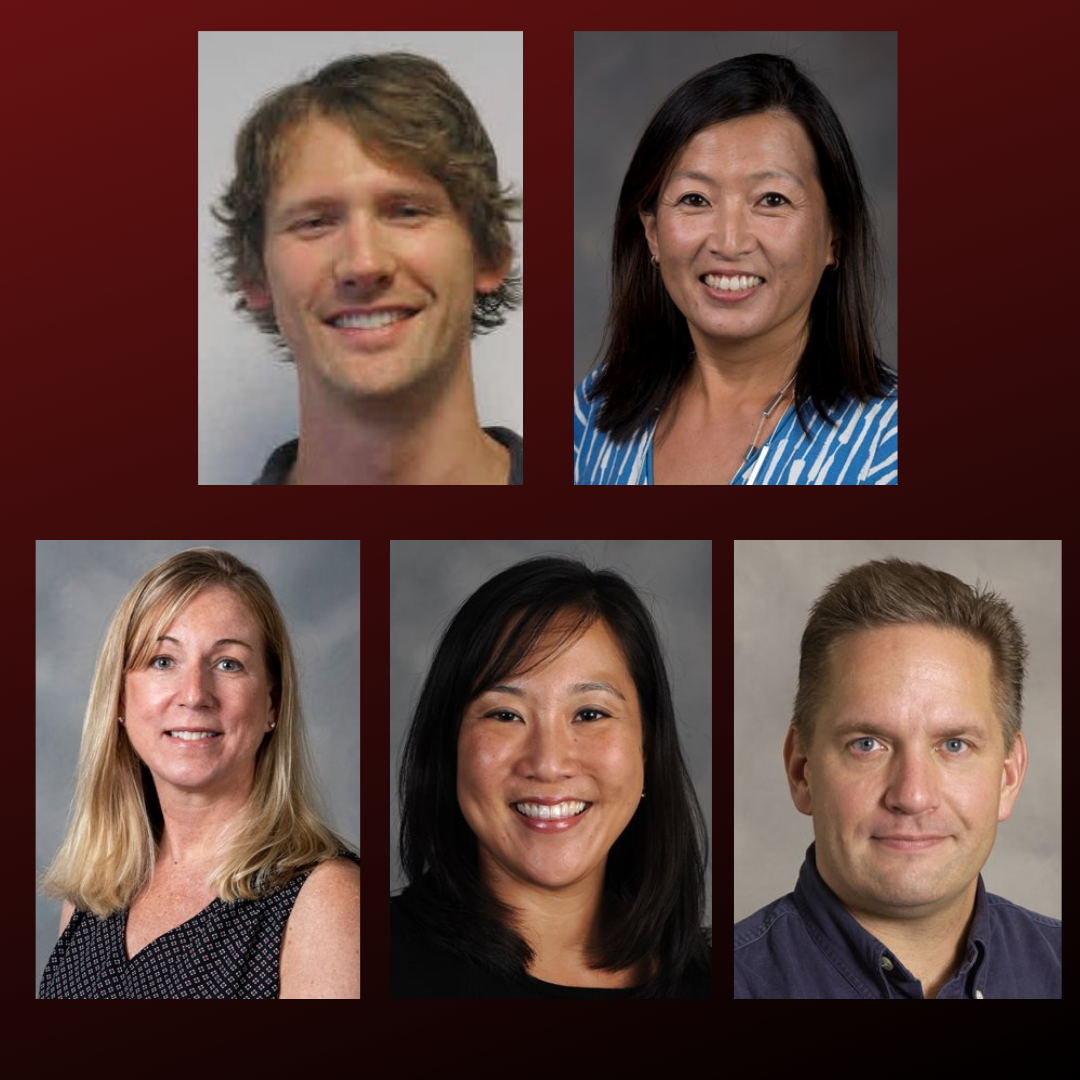The second "How to succeed in biology (and your other science classes!)" info session is at 4:15 p.m. Tuesday, Sept. 21.
Are you struggling in a STEM course or simply anxious about taking your first college STEM class?
A group of professors in the biology department want to help. “How to succeed in biology (and your other science classes!)” is a series of events this semester aimed at acclimating undergraduates to college science courses, helping them identify the best study and preparation habits and connecting them to helpful resources. There’s even a GroupMe group for students to locate study partners.
The second of three information sessions this semester is at 4:15 to 5 p.m. Tuesday, Sept. 21 in McMichael 115.
“We’re always looking for ways to help our students succeed. This incoming class is in a unique position. Some of them haven’t been in a classroom or had face-to-face learning for a year and a half,” said Associate Professor of Biology Jen Uno. “I could see it in my Elon 101 class: Some of them are very nervous about it. As professors, we were concerned, and we wanted to give students the tools to help them succeed in STEM courses.”
Lecturer in Biology Ryan Brandt, Associate Professor of Biology Yuko Miyamoto, and Associate Professor of Biology David Vandermast are leading the sessions with Uno.
The first session on Aug. 31 focused on creating positive habits around class participation and studying. Some of the takeaways tips were to take handwritten notes for better learning, study in groups and bring questions or concerns to professors as soon as they arise.
An infographic distributed in that session links students to helpful resources online and on campus. (Infographic: How to Succeed in Biology )
Tuesday’s session will focus on common questions students have after their first exams, including:
- How can I compute my current grade in a course, given a list of my assessment scores so far?
- How to calculate a weighted grade?
- What should I do if the first exam or quiz doesn’t go as well as I’d hoped?
Uno said faculty will encourage reflection and honest self-assessments of students’ study habits.
“You have to be honest with yourself, think about how you studied and determine the changes you will make to your study habits,” Uno said. “Sometimes students don’t acquire these skills until their junior or senior years. This is all about helping get them started earlier in that process.”
The third session — date and location to be determined — will assist in preparing for final exams.



